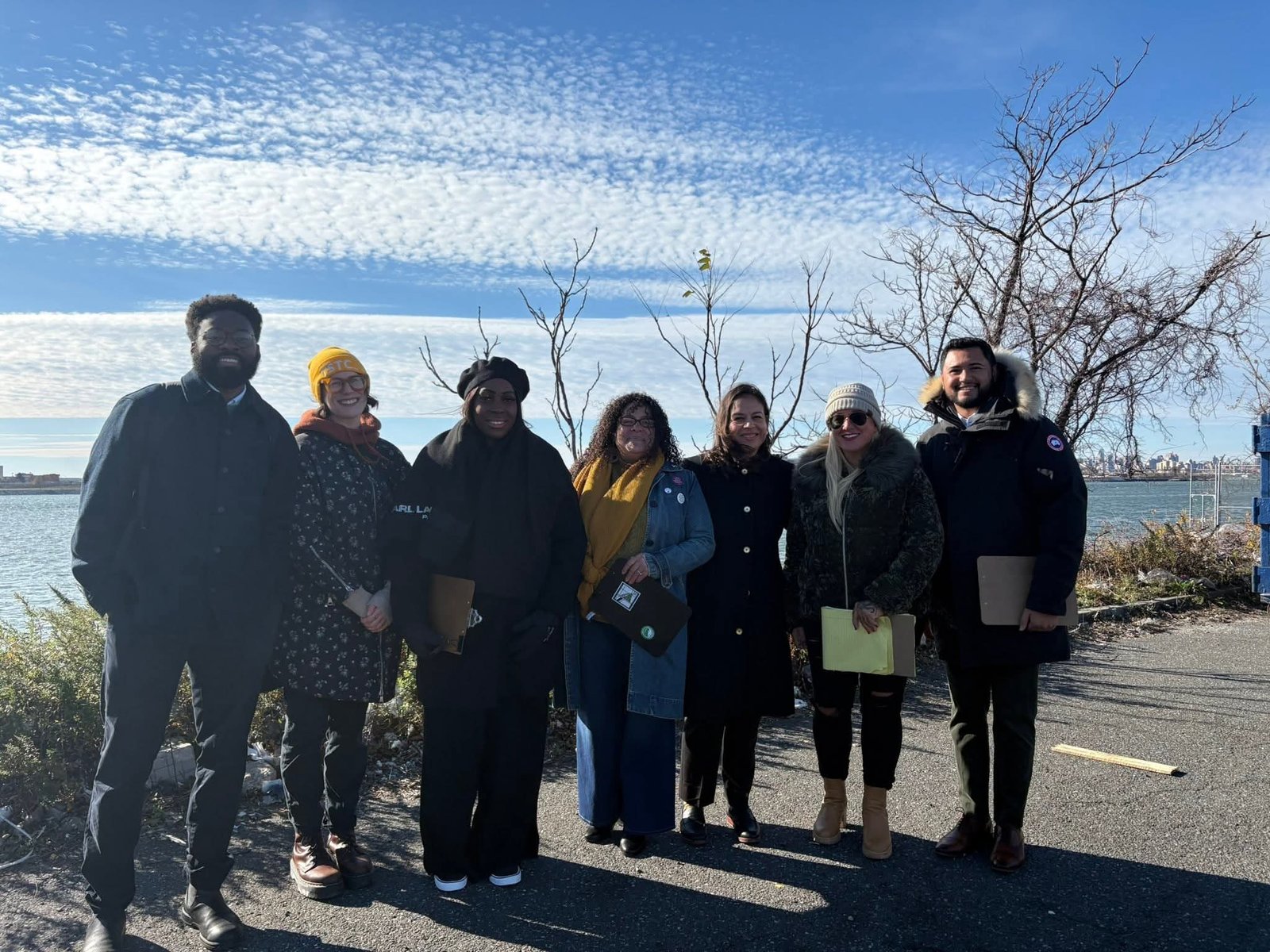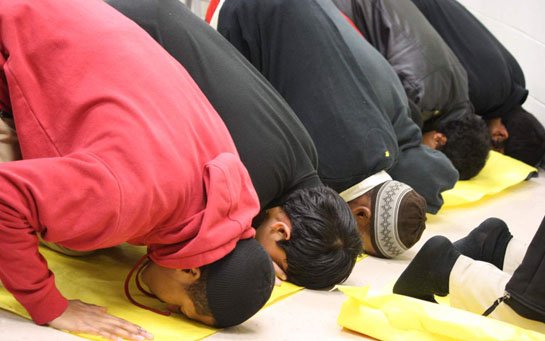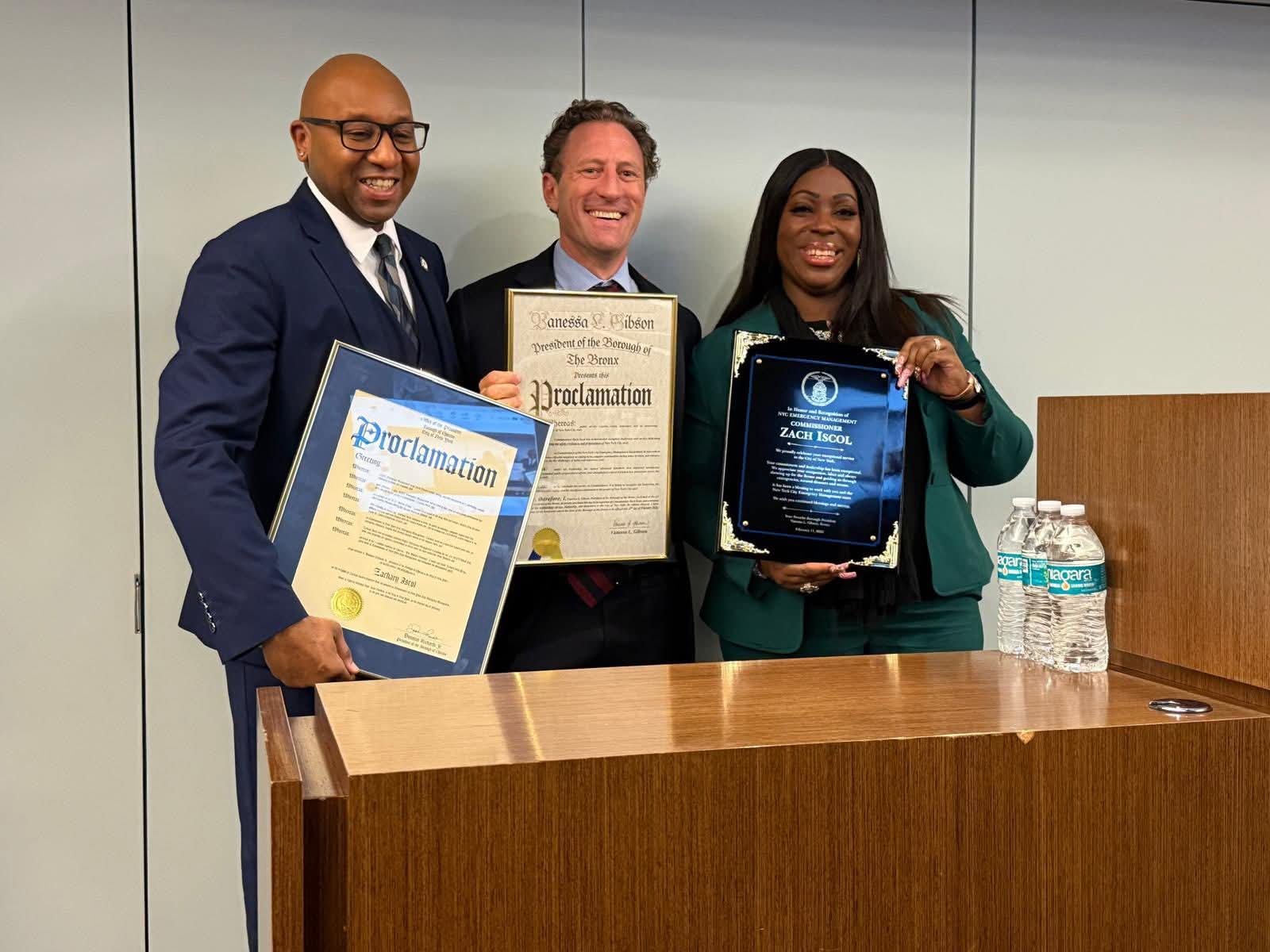
Sickle cell disease (SCD) is a genetic blood disorder that significantly impacts the lives of millions around the globe. Characterized by the abnormal shape of red blood cells, this condition not only leads to various health complications but also presents challenges in management and treatment.
The struggle against sickle cell is not just a medical issue; it is a social, economic, and emotional journey that touches the lives of patients, families, and communities.
Sickle cell disease arises from a mutation in the hemoglobin gene, which is responsible for the production of hemoglobin, the protein in red blood cells that carries oxygen throughout the body.
In individuals with SCD, the hemoglobin forms into rigid structures that distort red blood cells into a sickle or crescent shape. These abnormally shaped cells lead to blockages in blood vessels, causing severe pain, organ damage, and increased risk of infections.
There are several types of sickle cell disease, with the most common being sickle cell anemia (HbSS). Other forms include hemoglobin SC disease and sickle beta-thalassemia. The severity of the disease can vary widely among individuals, with some experiencing frequent pain crises and others leading relatively normal lives.
One of the most debilitating aspects of sickle cell disease is the occurrence of vaso-occlusive crises, which are painful episodes triggered by the blockage of blood flow to various organs. These crises can last for hours or even days, leading to significant discomfort and requiring medical intervention. Chronic pain, fatigue, and complications such as acute chest syndrome, stroke, and organ dysfunction are common among patients.
In addition to physical health challenges, individuals with sickle cell disease often experience psychological impacts. The chronic nature of the disease can lead to anxiety, depression, and a sense of isolation. The unpredictability of pain crises and hospital visits can disrupt daily life, education, and employment opportunities, further exacerbating emotional distress.
The socioeconomic implications of sickle cell disease are profound. In many regions, especially in sub-Saharan Africa where the disease is most prevalent, access to healthcare is limited. Patients often face barriers such as lack of education about the disease, inadequate medical facilities, and high costs of treatment. These challenges contribute to a cycle of poverty and poor health outcomes, making it difficult for individuals with sickle cell disease to thrive.
In countries where sickle cell disease is less common, such as the United States, awareness and education are still crucial. Many people are unaware of the disease and its implications, leading to stigma and misunderstanding. Advocacy efforts are essential to promote awareness, improve access to care, and support research for better treatments and potential cures.
Recent advancements in the treatment of sickle cell disease offer hope to patients and families. Hydroxyurea, a medication that increases fetal hemoglobin levels in the blood, has been shown to reduce the frequency of pain crises and improve overall health outcomes. Blood transfusions and bone marrow transplants also offer potential curative options for some patients.
Gene therapy has emerged as a groundbreaking approach, with researchers exploring ways to correct the genetic mutation responsible for sickle cell disease. Clinical trials are ongoing, and preliminary results show promise in providing long-term relief from symptoms and complications.
While progress has been made in understanding and treating sickle cell disease, there is still much work to be done. Raising awareness, increasing funding for research, and improving access to care are essential components in the fight against this disease. Education programs targeting healthcare providers, patients, and the general public can help reduce stigma and promote understanding.
Support networks and community organizations play a vital role in providing resources for patients and families affected by sickle cell disease. By fostering connections among those impacted, these organizations can offer emotional support and practical assistance, helping to alleviate the burdens associated with this chronic condition.
Sickle cell disease is a complex and multifaceted condition that affects millions worldwide. The journey of those living with this disorder is often fraught with challenges, but advancements in research and treatment offer hope for a brighter future. By raising awareness, advocating for better care, and supporting ongoing research efforts, society can help transform the lives of individuals battling sickle cell disease, allowing them to thrive rather than merely survive. The unyielding struggle against sickle cell is not just a personal battle; it is a collective responsibility that requires our attention, compassion, and action.










